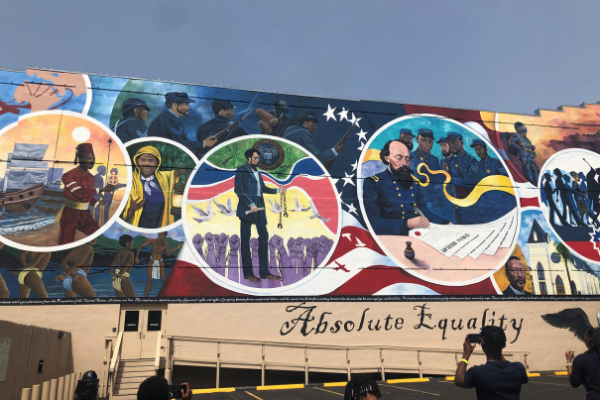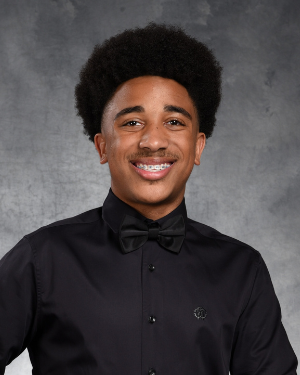On June 17, 2021, Juneteenth became a federal holiday—the first new federal holiday since Martin Luther King Jr. Day was adopted in 1983. As we mark the second year of the Juneteenth holiday (short for June 19th), the history behind the day still isn’t widely known. Juneteenth commemorates the day when federal troops arrived in Galveston, TX, to take control of the state and ensure all enslaved people were freed—two years after the Emancipation Proclamation was signed. The news was spread by General George Granger, who read General Order Number 3 on June 19th, 1865.
To mark Juneteenth, we asked Zion Alexander, a recent graduate of Ridge Point High School in Missouri City, TX, and a 2022 National Honor Society Scholarship finalist, to write about what Juneteenth means to him.
A lot of people know of Juneteenth and know it has something to do with Black history, but I’ve found that they’re not really sure what it is. The actual history and significance of it aren’t talked about much. In recent years, I’ve made an effort to learn about it myself because it’s not really even taught in school. We don’t specifically celebrate it in my family, but we do discuss it.
I was fortunate enough to be able to visit Galveston recently, which is about an hour from my home, as part of a group that has started offering Juneteenth historical tours. About 100 students my age went on the tour, which included stops at Reedy Chapel AME Church (the oldest Baptist church in the United States and a gathering place for enslaved people), the Customs Office where they originally printed copies of General Order Number 3, and the bay where slave ships would come into Galveston.

I’ve lived in Texas for almost 10 years, and I’ve been to Galveston multiple times, but I never knew Galveston had so much history related to Juneteenth. Without being told about it and going on that tour, I probably could have gone my whole life without knowing I live so close to someplace so significant.
You would think that it would come up naturally in the curriculum, given that it’s part of U.S. history, and it ties into other stuff we learn about, but it doesn’t. We have Texas history classes, and it doesn’t come up there either.
I definitely think there should be more of an effort to talk about Juneteenth in school. It wouldn’t even take much effort because it relates to so much else that we learn about in history. There are lots of opportunities for it to be shared much more widely.
For more on NASSP’s commitment to racial and social justice, read the position statement on racial justice and educational equity, and learn about the Leadership Network for School Leaders of Color.

